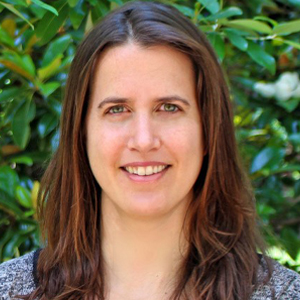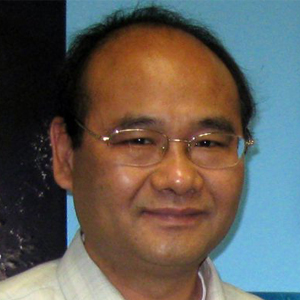FSU experts available to comment on science behind 2021 Nobel Prize in Physics
The 2021 Nobel Prize in Physics was awarded to three scientists for their work to understand complex physical systems and applying that knowledge to model the Earth’s climate.
Syukuro Manabe of Princeton University, Klaus Hasselmann of the Max Planck Institute for Meteorology and Giorgio Parisi of Sapienza University of Rome shared the prestigious award.
Meteorologists from Florida State University’s Department of Earth, Ocean and Atmospheric Science are available to comment on climate modeling and the science behind this research field.

Alyssa Atwood, assistant professor of meteorology, oceanography and environmental science
aatwood@fsu.edu
Atwood researches the role of the tropics in the global climate system by evaluating how tropical climate has varied in the past and using this information to improve our understanding of the modern climate system.
“The 2021 Nobel Prize in Physics recognizes the foundational contributions of Drs. Manabe, Hasselmann and Parisi to our understanding of Earth’s climate system and how it is changing in response to human emissions of greenhouse gases. This year’s award illustrates that the field of climate science, which is rooted in fundamental physics, benefits humankind on a global scale. The work of these scientists, which spans the past 60 years, provided the foundation for the climate models we use today to make critical predictions about the future trajectory of Earth’s climate.”

Ming Cai, professor of meteorology
mcai@fsu.edu
Cai’s research interests include the dynamics of large-scale atmospheric motion and short-time climate variability, climate variability predictions and diagnosing forecast model error, data mining algorithms for detecting climate variability patterns and the physics of how land use changes impact climate.
Zhaohua Wu, professor of meteorology
(240) 486-6123; zwu@fsu.edu
Wu studies atmospheric and climate dynamics in order to better understand the variability of the Earth’s climate system. His research interests include global climate variability and change, as well as tropical atmospheric dynamics, with a focus on the interaction between tropical heating and tropical circulation.

“Suki Manabe is essentially the father of modern climate modeling. The climate models he built estimated the effect of the doubling of atmospheric carbon dioxide concentration, the so-called climate sensitivity. He predicted that the climate sensitivity is 1.5 degrees Celsius, which has been largely confirmed by the Earth’s climate in the past five decades. Klaus Hasselmann is best known for his model that explains how random ‘weather’ noise can lead to long-term climate variability and change, revealing the origin of natural (as opposed to anthropogenic) climate variability.
I have the ultimate respect for the Nobel Prize in Physics selection committee. This selection reflects endless efforts of climate scientists to overcome difficulties in delineating the natural and anthropogenic causes of global warming.”
